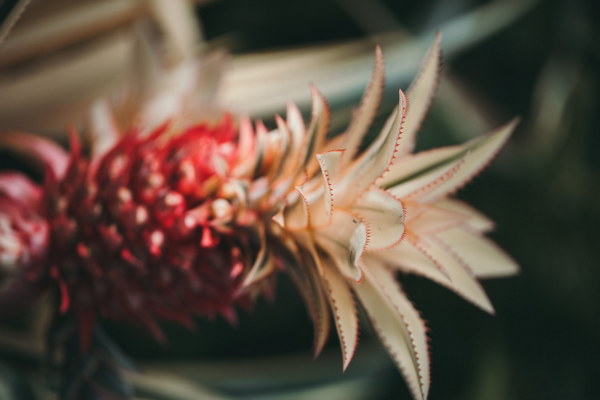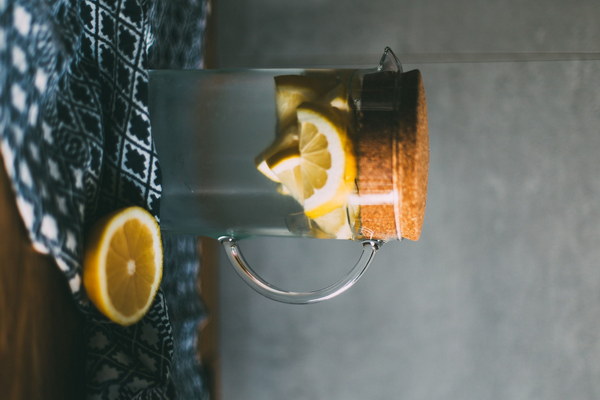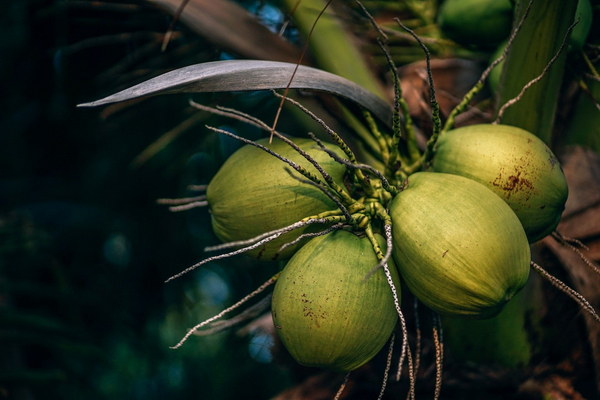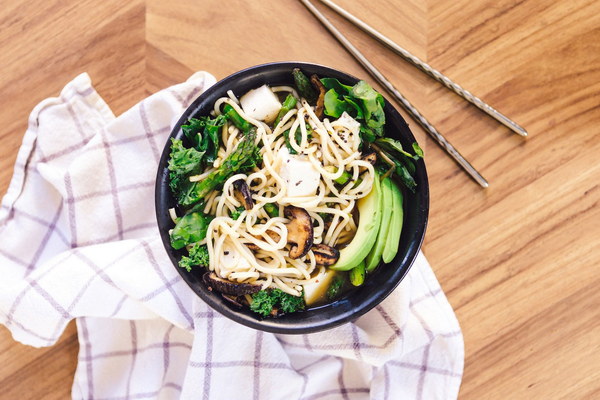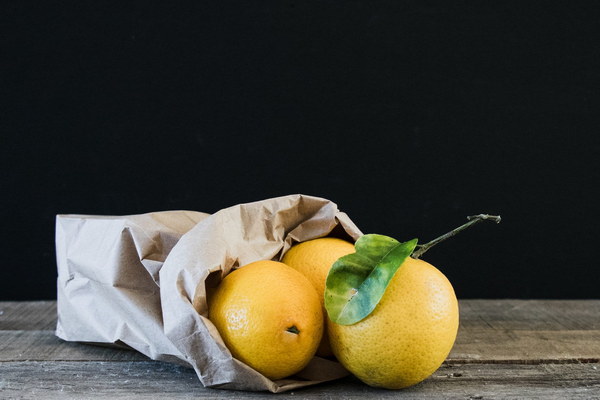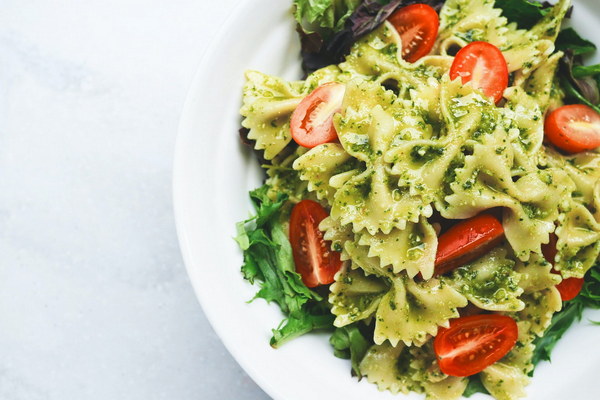Traditional Chinese Herbs for Treating PhlegmDampness and Nourishing the Spleen
In traditional Chinese medicine, the concept of balancing the body's Yin and Yang is fundamental. This holistic approach often involves the use of herbs to treat various imbalances and promote overall health. One common issue that affects many individuals is the presence of phlegm-dampness, which can lead to a range of symptoms such as fatigue, bloating, and digestive discomfort. In this article, we will explore some of the traditional Chinese herbs that are known for their ability to expel phlegm-dampness and nourish the spleen.
1. Atractylodes macrocephala (Cang Zhu)
Atractylodes macrocephala, also known as Cang Zhu, is a versatile herb used to treat phlegm-dampness and improve digestion. It helps to transform dampness and dry phlegm, making it a valuable herb for those with chronic respiratory conditions or digestive issues. Additionally, Atractylodes macrocephala can strengthen the spleen and improve appetite.
2. Poria cocos (Fu Ling)
Poria cocos, or Fu Ling, is a well-known herb in Chinese medicine for its ability to drain dampness and eliminate phlegm. It is often used in combination with other herbs to treat a variety of conditions, including urinary tract infections, edema, and respiratory disorders. Poria cocos is also believed to have a calming effect on the mind, making it beneficial for those with stress-related symptoms.
3. Alisma orientale (Ze Xie)
Alisma orientale, also known as Ze Xie, is an herb that helps to drain dampness and alleviate symptoms of phlegm-dampness. It is particularly effective for those with water retention, edema, and urinary issues. Alisma orientale can also improve digestion and promote healthy bowel movements.
4. Pinellia ternata (Ban Xia)
Pinellia ternata, or Ban Xia, is another herb commonly used to treat phlegm-dampness. It has a warming effect on the body, making it suitable for individuals with cold or damp constitutions. Ban Xia is often used to treat respiratory conditions, digestive issues, and even menstrual irregularities.
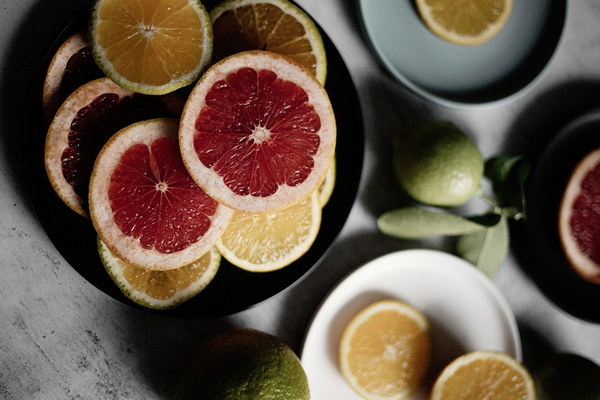
5. Astragalus membranaceus (Huang Qi)
Astragalus membranaceus, or Huang Qi, is a well-known immune-boosting herb in Chinese medicine. It is often used to strengthen the body's overall immune system, which can help in the fight against infections and diseases. Additionally, Huang Qi can improve energy levels, support the spleen, and enhance the body's ability to expel dampness and phlegm.
6. Codonopsis pilosula (Dang Shen)
Codonopsis pilosula, or Dang Shen, is an herb that is often used to nourish the spleen and boost energy. It is a staple in many Chinese herbal formulas designed to treat phlegm-dampness and improve digestion. Dang Shen can also enhance the body's resistance to stress and fatigue.
When using these herbs to treat phlegm-dampness and nourish the spleen, it is essential to consult with a qualified herbalist or healthcare professional. While these herbs can be beneficial, they may not be suitable for everyone, and individual dosages and combinations may vary based on the person's specific condition.
In conclusion, traditional Chinese herbs offer a natural and holistic approach to treating phlegm-dampness and nourishing the spleen. By incorporating these herbs into one's wellness routine, individuals may experience improved energy levels, digestion, and overall health. However, it is crucial to consult with a healthcare professional to ensure the safe and effective use of these herbs.
